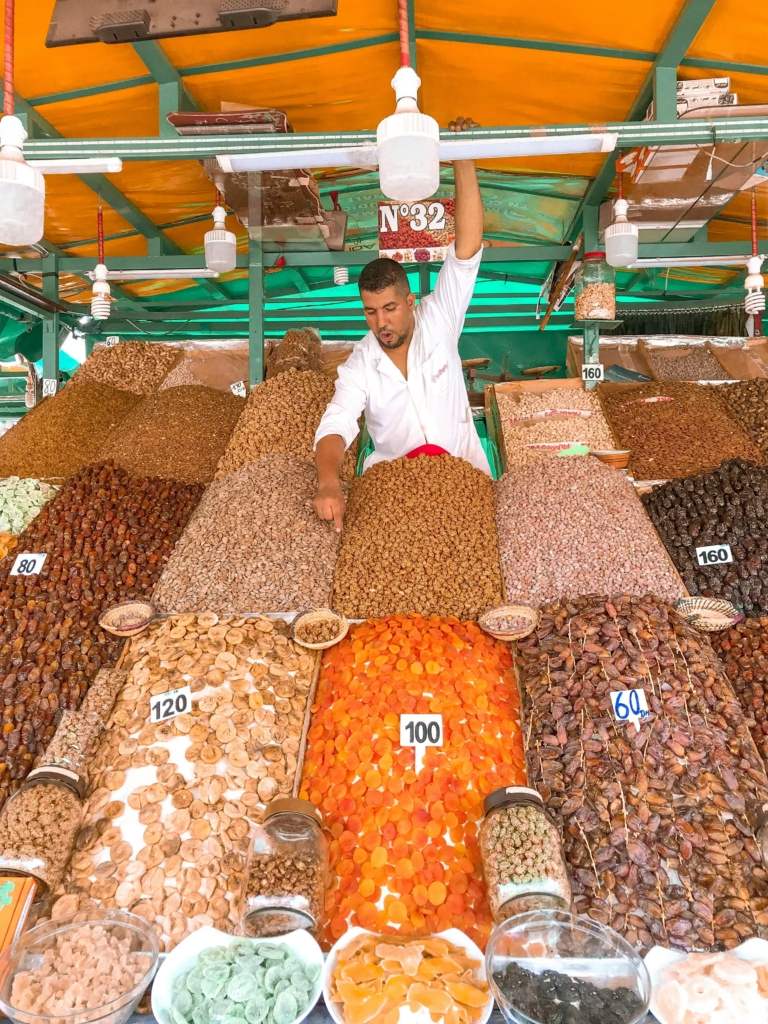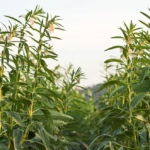
As global food consumption patterns shift and demand for ethically sourced, sustainable, and high-quality agricultural products rises, Africa is increasingly stepping into the spotlight. Once regarded primarily as a supplier of raw commodities, the continent is now emerging as a powerhouse of agri-exports with massive potential. The rise of African Agri Export is being driven not just by traditional partners, but also by new, emerging markets that are hungry for diverse agricultural products.
This blog explores where the next big demand is coming from, what African countries are doing to tap into it, and how exporters can prepare for the opportunities ahead.
The Global Shift in Agricultural Trade
Historically, Europe and North America have been the primary destinations for African agricultural exports. Products such as coffee, cocoa, tea, and fresh fruits have long been staples in these markets. However, recent changes in trade dynamics, population growth, and consumer preferences have opened up new trade corridors.
Countries in Asia, the Middle East, and even within Africa are now key players in the African Agri Export ecosystem. These new markets bring not only increased demand but also opportunities for product diversification and value addition.
Asia: A Rising Giant in Agri-Imports
Asia, led by China and India, has seen a growing middle class and changing dietary habits. With more consumers looking for healthier and exotic food options, African products such as cashews, sesame seeds, avocados, and pulses are gaining popularity.
China, for instance, has ramped up its agricultural imports from African nations, particularly in response to trade tensions with other suppliers and the need for food security. Similarly, India, with its strong historical trade ties with East and West Africa, continues to increase its importation of raw and processed agri-products.
For businesses involved in African Agri Export, focusing on certifications, food safety standards, and efficient logistics to serve Asian markets is becoming increasingly important.
The Middle East: Growing Demand Meets Proximity
Another fast-growing destination for African agri-exports is the Middle East. Countries like the United Arab Emirates, Saudi Arabia, and Qatar are investing heavily in food security and looking to diversify their sources.
Due to Africa’s geographic proximity and increasingly robust trade agreements, exporters are finding it easier and faster to ship perishable items such as fresh produce, herbs, and livestock products. Moreover, religious and cultural ties further enhance the trust in African-origin goods, especially halal-certified items.
The Middle East also values traceability and quality, pushing African exporters to adopt better post-harvest handling and compliance practices. Those involved in African Agri Export must remain attentive to the evolving preferences of these markets to stay competitive.
Intra-Africa Trade: A Growing Opportunity
While much attention is placed on exports to foreign continents, intra-Africa trade holds immense untapped potential. The African Continental Free Trade Area (AfCFTA), which aims to create the largest free trade area in the world, is set to redefine how African countries trade with each other.
Countries with surplus food production can now more easily supply regions facing shortages. For example, grain exports from East Africa can meet the growing needs in parts of Central and West Africa. Likewise, North African countries are importing tropical fruits and spices from their Sub-Saharan counterparts.
For exporters looking to scale in the African Agri Export landscape, this growing internal market offers a relatively lower barrier of entry and shared cultural understanding.
Key Products Driving African Agri Export
Several African agricultural products are making a strong impression on emerging markets:
- Cashews and Groundnuts: Widely grown in West Africa, these are in high demand in Asian and Middle Eastern snack industries.
- Tropical Fruits: Mangoes, pineapples, and avocados are sought after globally for fresh consumption and processing.
- Oilseeds and Pulses: Countries like Ethiopia and Sudan are becoming key suppliers of sesame and lentils.
- Herbs and Spices: East African nations, especially Tanzania and Uganda, are expanding their spice trade footprint.
As product quality improves and supply chains become more efficient, these offerings can become core contributors to the future of African Agri Export.
Challenges on the Horizon
Despite the opportunities, African exporters face several challenges:
- Logistical Inefficiencies: Poor infrastructure and limited cold-chain capabilities still affect the timely delivery of perishable goods.
- Compliance and Standards: Emerging markets often demand high standards for food safety, packaging, and labeling.
- Market Intelligence: Understanding the ever-changing needs of new markets requires consistent research and adaptation.
Overcoming these challenges will require collaboration between governments, trade bodies, and private exporters. Technological advancements, such as digital agriculture platforms and AI-based logistics tools, can offer part of the solution.
The Role of Exporters Like Ahar Group
Companies such as Ahar Group are leading the way by combining local agricultural expertise with global best practices. By working directly with farmers, investing in quality control, and streamlining the supply chain, Ahar ensures that African agricultural products meet international standards and reach global markets efficiently.
Their focus on traceability, sustainability, and ethical sourcing aligns perfectly with the demands of today’s emerging markets. As African Agri Export grows, such companies will be instrumental in shaping the continent’s agricultural future.
Conclusion: The Road Ahead for African Agri Export
The momentum behind African Agri Export is undeniable. With traditional markets maturing and emerging ones expanding rapidly, African countries and exporters have an unparalleled opportunity to claim their space in the global agri-economy.
To succeed, the focus must be on:
- Building resilient and efficient supply chains
- Meeting global standards for quality and safety
- Cultivating long-term trade relationships
- Encouraging value addition and local processing
- Leveraging trade agreements and intra-Africa opportunities
The next big demand is already taking shape. By staying proactive and forward-thinking, Africa can not only meet global needs but also create lasting value for its farmers, exporters, and economies.











Add comment